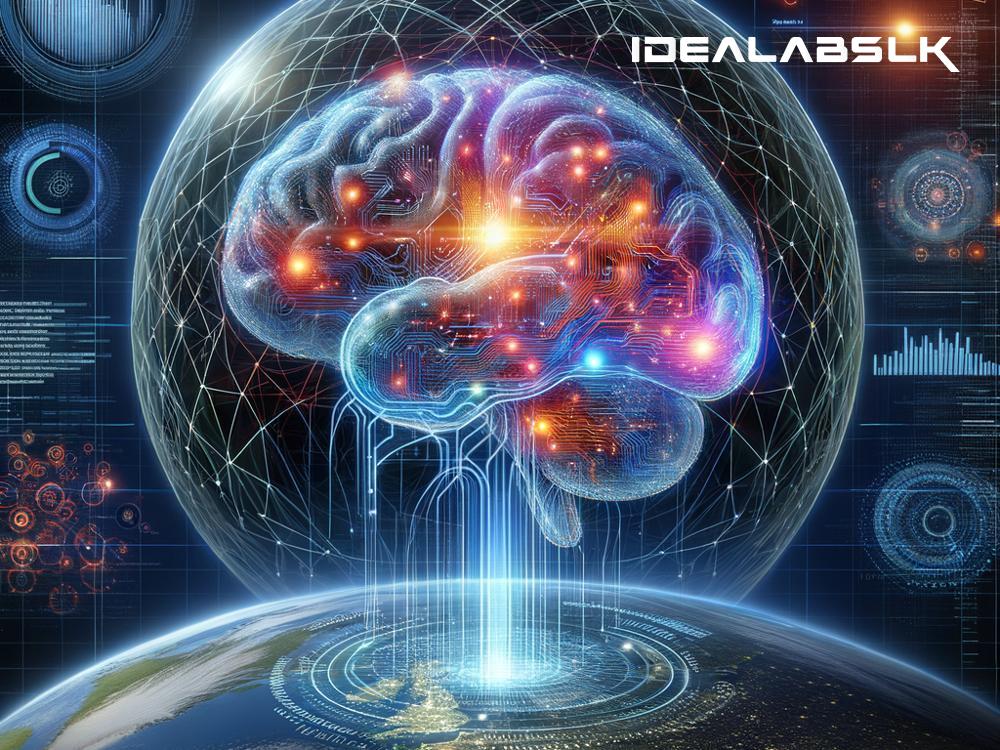The Role of AI in Future Risk Assessment: A Simple Guide
In today's fast-paced world, our ability to predict and manage risks is more critical than ever. Whether it's assessing the potential for financial loss, anticipating natural disasters, or ensuring cyber security, risk assessment plays a pivotal role in safeguarding our future. However, as the complexities around us evolve, traditional methods of predicting and mitigating risks are becoming increasingly inadequate. This is where Artificial Intelligence (AI) comes in, a game-changer poised to redefine how we foresee and navigate potential threats. Let's take a straightforward look at the role of AI in future risk assessment.
What is AI?
Before diving into its applications, it's essential to understand what AI is. In simple terms, Artificial Intelligence is the simulation of human intelligence in machines. These AI systems are programmed to think like humans and mimic their actions, whether it's learning, reasoning, or solving problems. Over the years, AI has evolved from a novel concept into a practical tool across various sectors, including risk assessment.
Transforming Risk Assessment
AI's potential to transform risk assessment lies in its remarkable ability to process and analyze vast amounts of data quickly, identify patterns, and predict outcomes. Here's how AI is setting the stage for a new era in risk assessment:
Enhanced Precision
Traditional risk assessment often relies on historical data and human judgment, which, while valuable, has its limitations. AI, on the other hand, can sift through an immense amount of information, including real-time data, to make more accurate predictions. For instance, in financial markets, AI algorithms can analyze trends and market sentiment to forecast potential downturns with greater precision, helping investors to mitigate losses.
Real-time Monitoring
AI systems are capable of continuously monitoring and analyzing data, providing real-time insights that were unthinkable before. In the context of natural disaster prediction, AI can track weather patterns and environmental changes to predict events like hurricanes or wildfires much earlier, allowing for timely evacuations and reducing potential harm.
Proactive Cybersecurity
The digital realm is rife with risks, from data breaches to sophisticated cyber-attacks. AI can play a crucial role in identifying vulnerabilities and predicting attacks before they occur, enabling businesses and governments to adopt a more proactive approach to cybersecurity. By continuously learning and adapting, AI systems can stay ahead of cyber threats, even as they evolve.
Customized Risk Management Strategies
One size does not fit all when it comes to risk management. AI's ability to process and analyze individual patterns and behaviors enables the development of personalized risk management strategies. For example, in the health sector, AI can assess a person's unique health data to predict potential diseases, allowing for customized preventive measures.
Ethical Considerations and Challenges
While AI's potential in risk assessment is vast, it's not without challenges and ethical considerations. One primary concern is data privacy. As AI systems require access to large quantities of data, ensuring that this data is handled securely and ethically is paramount. Moreover, there's the issue of accountability. When AI makes a prediction or decision, who is responsible if something goes wrong?
Another challenge is ensuring AI systems are not biased. AI algorithms learn from data, and if that data contains biases, the AI's decisions will reflect those biases, potentially leading to unfair or harmful outcomes. Addressing these challenges is vital to harness AI's full potential in risk assessment while maintaining trust and ethical standards.
The Road Ahead
The role of AI in future risk assessment is unquestionably transformative. By embracing AI, we stand on the brink of revolutionizing how we predict and manage risks, leading to safer, more secure, and more efficient outcomes. However, it's also crucial to navigate the ethical and practical challenges that come with AI adoption.
By focusing on responsible AI development and deployment, we can ensure that this powerful tool serves the greater good, enhancing our ability to anticipate and mitigate risks like never before. The future of risk assessment is not just about predicting the unexpected; it's about being prepared for it, and AI is key to unlocking that preparedness. As we move forward, the integration of AI in risk management strategies will not only protect us against potential hazards but also pave the way for innovation and growth across all sectors.

